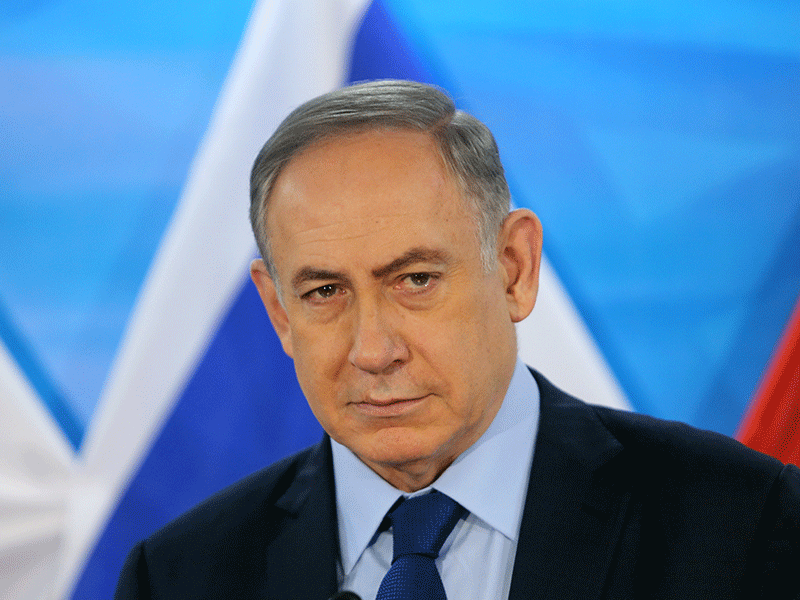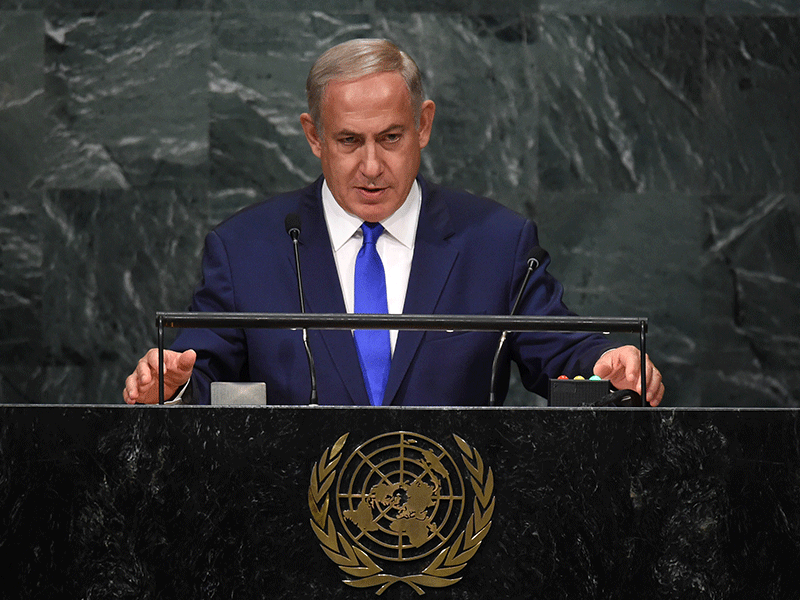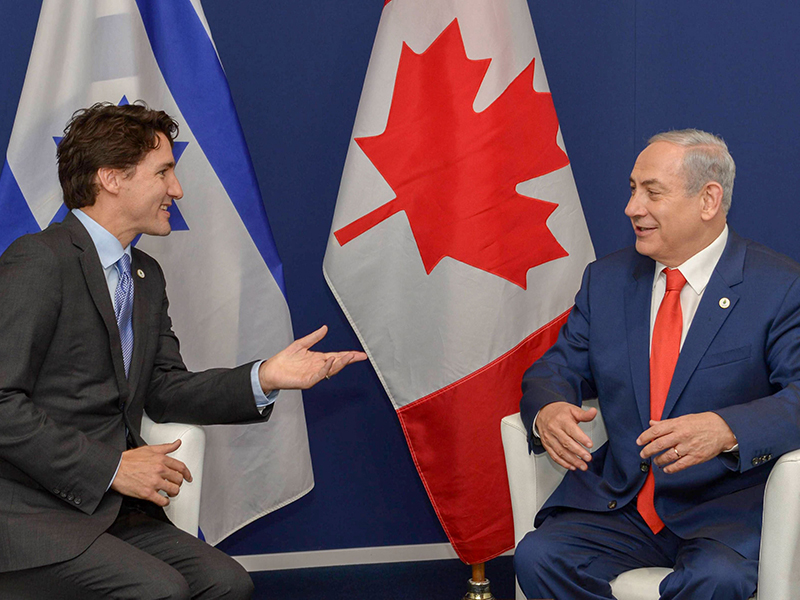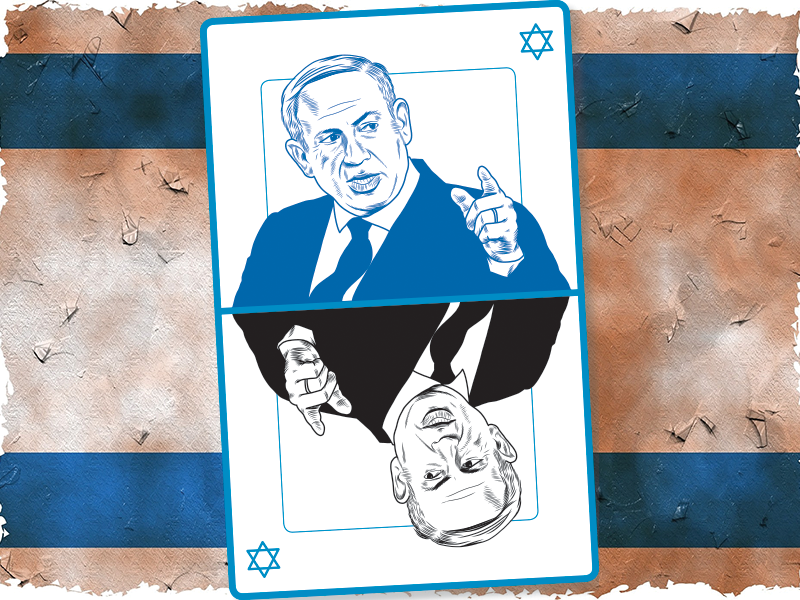Around the same time as Rabbi David Lau, Israel’s chief Ashkenazic rabbi, was in Canada promoting Jewish unity at the beginning of the month, philanthropist Charles Bronfman was warning about the divisiveness emanating from Israel.
Israeli policy, Bronfman said, was dividing the Jewish world. “It shocks me to the marrow of my bones that Conservative, Reform, Liberal and Reconstructionist Judaism are legally unrecognized by the State of Israel,” Bronfman said in a speech at Hebrew Union College’s Jewish Institute of Religion in New York on May 3.
Bronfman put much of the blame squarely on the shoulders of Israel’s prime minister, citing the fact that Benjamin Netanyahu backed out of his promise last year to create an egalitarian prayer area at the Western Wall.
“Can a prime minister really claim to be a guardian of the entire Jewish people when he reneges on a carefully crafted agreement knowing that he will suffer no political consequences at home?” Bronfman asked. Answering his own question, Bronfman stated, “Indeed, he can, because this subject, and others like it, are of little or no concern to the vast majority of Israelis.”
A large number of Canadian Jews who pay close attention to developments in Israel share many of the concerns he raised, though most of them wish that Rabbi Lau’s optimistic perspective held true for them. To his critics, Netanyahu is a lightning rod whose political pandering creates divisions between Israel and the Diaspora. For others, Netanyahu is a strong leader who makes difficult decisions as a member of a fractious coalition government, and who puts Israeli security interests ahead of everything else.

While support remains strong for Israel when it confronts Iran and defends its borders, it’s Netanyahu’s acquiescence to the Orthodox over religious matters, Israel’s policy vis-a-vis African asylum seekers and his “extravagant” lifestyle that have angered a large cross-section of the Canadian Jews and Jewish organizations who spoke with The CJN.
“Within Israel, there is broad agreement across party lines when it comes to core security issues, like Israel’s right to prevent Hamas infiltration from Gaza or Israel’s concerns with the Iranian nuclear program,” said Shimon Fogel, CEO of the Centre for Israel and Jewish Affairs.
“My sense is that a similar consensus exists within the Canadian Jewish community on most security issues. There is also a recognition among Canadian Jews that, even when we have concerns or questions regarding a particular Israeli policy (as in the case of recent challenges to the Western Wall compromise), we do so from a place of love and steadfast support for Israel. We also do so with the humility that we don’t live or vote in Israel and therefore we don’t face the serious threats and dilemmas our family and friends in Israel experience.”
Michael Mostyn, CEO of B’nai Brith Canada, believes that, “When it comes to Israel’s security challenges, Canadian Jewry speaks with one voice.
“Many, if not most, Canadian Jews are supportive of Israel without having any partisan affiliation in Israeli politics. It is obvious to anyone who spends time in the community that the vast majority of Canadian Jews are united in supporting a secure, prosperous State of Israel in the indigenous Jewish homeland.”
READ: NETANYAHU CANCELS AFRICAN MIGRANTS DEAL
Avi Benlolo, CEO of the Friends of the Simon Wiesenthal Center, believes that over the past few months, Netanyahu has garnered support from the international Jewish community for his ability to build relationships with international leaders like U.S. President Donald Trump, Russian President Vladimir Putin and the leaders of China, India and several African countries.
“You have to hand it to him, that’s impressive,” Benlolo said.
“The segment of the community that is concerned with the safety and security of Israel agrees with that perspective. At the same time, there is concern over domestic issues and his legal matters and that has sent a conflicting message.
“With regard to Israel’s security – the predominant issue – they understand that right now, he is the best leader for Israel. I feel that a very large part of the community agrees with that.”
Stuart Kamenetsky, a psychology professor at the University of Toronto, is a longtime supporter of Israel who visited there recently. He believes that “support for Israel follows party lines.”

Those on the left will mostly oppose the Likud party’s policies, while those on the right support them. That is also “highly correlated with voting patterns in Canadian elections,” he said.
Kamenetsky said that at his synagogue, Darchei Noam, “Most support the Labor or further left. I think that Conservative and Orthodox congregations support the Likud and further right.”
As for himself, Kamenetsky believes Netanyahu has “made things very bad.”
Netanyahu is seen as backtracking on his promise for “a more equitable sharing of the Western Wall,” said Kamenetsky. That approach was negotiated with a delegation from North America and later reversed when “Orthodox parties in Israel put pressure and he backed down on that.”
While acknowledging the political pressure Netanyahu faced, “Israel has some responsibility for Jews in the rest of the world,” he said.
For many Israelis, he is half a mashiach.
– Arie Raif
“I understand Canadian Jewish frustration about the whole thing.… I feel like it’s a huge source of frustration for liberal Jews.”
The divisions between the values held by liberal Jews and those promoted in Israel are longstanding, going back before Netanyahu, he continued. “I really fear these big divisions between the North American liberal Jewish community, which is the majority, and Israel.”
Kamenetsky said conservative Jews “are more willing to accept Israel’s imperfections and the political balancing act. The left, much less so, especially the extreme left.” And Netanyahu is on the political right, he noted.
Arie Raif is a former Israeli diplomat who lives in Toronto and considers himself an acolyte of the late former Israeli prime minister Shimon Peres. Raif is scathing in his critique of Netanyahu, while acknowledging that in Israel, Netanyahu remains popular.
“For many Israelis, he is half a mashiach (messiah),” he said.
But Raif believes Netanyahu is very divisive, both in the Diaspora and Israel itself.

“Netanyahu has split and divided and is inciting internal problems on domestic issues,” he said.
Netanyahu is promoting the Orthodox position on various issues, while alienating Israelis and Diaspora Jews, the majority of whom are not Orthodox, he said.
He pointed to the Western Wall controversy as an example.
“They took three-quarters of the Jewish people in the world and in Israel and said, you are not us,” Raif said.
You can count Karen Mock and JSpace Canada, the progressive Zionist organization that she represents, among Netanyahu’s critics. “He is a divisive figure both in Israel and in the Diaspora,” she said.
He has made … small domestic sacrifices in favour of the religious faction, but not sacrificed on big issues.
– Andria Spindel
Of course, the politics of one man are not the sum total of the Zionist project, she suggested.
“Zionism and the success of the Jewish state are bigger than any one politician, so we must not exaggerate Netanyahu’s influence in the 70-year history of Israel. Whether in spite of Netanyahu or because of him, Jews everywhere have ample reason to be proud of the culture and economy that Israel has built. Israel is stronger and more prosperous than ever and Jews everywhere should be grateful for that,” she stated.
“The growing gap between rich and poor is a serious concern in Israel, as is the expansion of settlements, the diminishing vision of a two-state solution to the conflict and also the weakening of the power of the Supreme Court. These issues pose a threat to peace and security and to Israel’s future as a democracy.”
“In the Diaspora,” she continued, “we know Netanyahu primarily for prolonging the occupation and attracting censure and condemnation from the rest of the world. He is clearly better for some Jews than for others – he backs the ultra-Orthodox over progressive Jews inside and outside Israel. We are very concerned that many young Jews are turning away from Israel because of the policies of the Netanyahu government, resulting in Israel being less of a unifying force in the Jewish world.”
Andria Spindel has a different take on Netanyahu’s role and his impact on Diaspora-Israel relations. A regular visitor to Israel who has participated in a number of missions there, Spindel believes most of the issues that are of concern to Diaspora Jews should be left for Israelis to resolve.
“Israel is a truly democratic country, so in my view, Jews abroad should spend much less time engaged in criticizing the elected government of Israel for its domestic policies, which are the purview of its voting public,” said Spindel.
“We may have opinions, as we do, and should, have about who and how our neighbours elect leaders … as some domestic policies will affect us as Canadians. But to constantly opine about her domestic policies is to subjugate Israel, which is not accountable to non-residents/non-citizens.

“Imagine any country balancing the preferences of over a dozen parties, some of which have only a single platform to push, and recognize that only the transparent Israeli system actually incorporates so many varying ideologies.”
Netanyahu “is a pragmatist, an excellent strategist and he is doing his best to hold the government together during particularly difficult and, I suggest, dangerous times for Israel,” said Spindel, who also worships at Darchei Noam.
“He has made, in my view, small domestic sacrifices in favour of the religious faction, but not sacrificed on big issues. Yes, I would like the prayer area at the Western Wall to be fully integrated, as it was when I first visited in 1971, but I have recently been there and the prayer areas are massively larger now, so there is space for multitudinous forms of worship.”
And on the African asylum-seeker issue, she is sympathetic to Netanyahu.
“It’s a domestic issue and Israel is not torturing people, has provided much aid to the Africans who have arrived and early on integrated and even provided free education all the way through university,” she stated.
Many, if not most, Canadian Jews are supportive of Israel without having any partisan affiliation in Israeli politics.
– Michael Mostyn
“How is Israel to bear the economic burden when it’s not only very small, trying to assimilate large numbers of Jewish immigrants, but has an enormous military and security expense burden? What of the lives of the Jews who are disrupted in their own neighbourhoods by this influx? It is not racist to say that integration is very difficult and to note that the European countries have done no better.”
When Michael Brown looks at Netanyahu, he sees a leader with a taste for a lavish lifestyle who is facing corruption probes. He believes Netanyahu’s “personal comportment is unacceptable.”
Brown, who’s a professor emeritus and senior scholar at the Israel and Golda Koschitzky Centre for Jewish Studies at York University, is particularly perturbed by Netanyahu’s about-face on the African asylum-seeker issue and his government’s efforts to remove them from the country.
“His eagerness to expel African refugees reverberates terribly in the Jewish community, who were once refugees,” he said. “How can you not learn anything from that Jewish experience?”
As for Israel’s policy toward the Palestinians, “some people” might be turned off by the lack of progress towards peace, but “the Palestinians have not made any meaningful overtures towards peace,” he said.

Netanyahu’s reversal on the Western Wall agreement is another matter, as Brown believes that the prime minister acted “dishonestly.”
While acknowledging that Netanyahu has to take his coalition partners into consideration, Brown said the prime minister has claimed responsibility for the whole Jewish world. In that context, he has treated Conservative and Reform Jewry poorly. He knew who his partners in Israel were and shouldn’t have made promises he couldn’t keep, Brown said.
“The way he has dealt with non-Orthodox rabbis … damages his image and probably puts people off in the way they feel about Israel,” he said.
Whether that is reflected in a tangible way, such as fewer visits or smaller financial contributions to Israeli causes, remains to be seen.
Fogel said there is no evidence to suggest that is happening.
“For the vast majority of Jewish Canadians, a connection to the people, land and state of Israel is a core part of one’s identity that transcends day-to-day politics,” he said.
“Governments come and go in Israel, but our unity as one Jewish people must be something that rises above politics.”
Or, as Rabbi Lau put it in an interview with The CJN, we should focus on the “many things that are bringing the Jewish people together,” as there are “many wonderful things happening in the State of Israel.”
